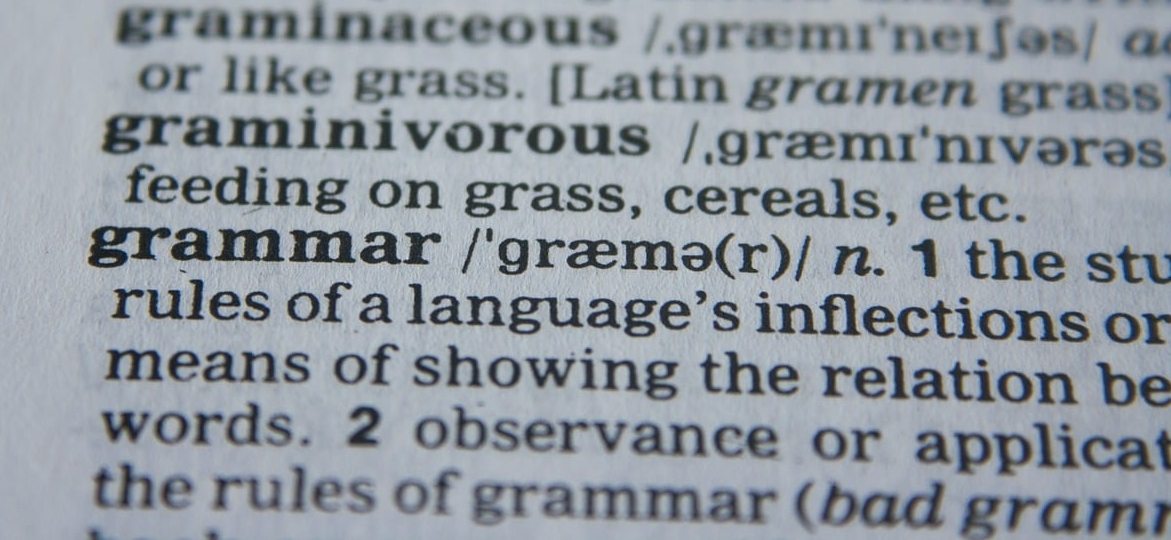In this article we’re tackling one of the scariest topics in all of French grammar…the French subjunctive! We’ve broken it down into a few manageable chunks:
- Conjugating different verb groups in the subjunctive
- Irregular verbs in the subjunctive
- Handy French subjunctive phrases
If you want to conquer your fear of French grammar, there’s no better way than diving right into the heart of the matter. Let’s do it!
If you wish to take the tests DELF, DALF or TCF revising all our french grammar and conjugation worksheets is always a great idea! So read on and start learning French online!
What is the French subjunctive?
Just like the indicative or the conditional, the subjunctive is a mood. There are many tenses within the subjunctive mood, but here we’ll focus on the most common one: the present subjunctive.
When do we use the French subjunctive?
We use the French subjunctive when we’re talking about something that is uncertain, subjective or perhaps unreal. Verbs fall into the subjunctive when they follow a conjunction expressing one of the following things:
- A goal;
- A condition;
- A fear;
- Time, cause and consequence (in some cases).
Generally speaking, the French subjunctive follows que, so if you come across a conjunctive ending with de or à, you don’t need to use the subjunctive, even if it falls into one of the above categories.
There are also a set of French subjunctive phrases that come up time and time again, which you can simply learn by heart. We’ll cover these a little later.

French subjunctive conjugation: first group verbs
All French verbs are conjugated in the subjunctive according to the pattern below. The simplest verbs to form are always the first group, verbs ending in -er, which is where we’ll start.
Let’s conjugate the verb aimer (to like/love):
- Take the ils form of the verb in the present tense: aiment
- Remove the -ent to make the stem
- Add the appropriate ending according to the subject of the verb: -e; -es; -e; -ions; -iez; -ent.
Simple! The table below sets out the conjugation in full with the verb changer (to change):
| Changer | |
|---|---|
| que je | change |
| que tu | changes |
| qu'il, qu'elle | change |
| que nous | changions |
| que vous | changiez |
| qu'ils, qu'elles | changent |
Note: when we conjugate the subjunctive, we add que to the person as a reminder of how the mood is used in context.
French subjunctive conjugation: second group verbs
Verbs in the second group end with -ir, such as couvrir (to cover), accomplir (to accomplish), and punir (to punish). Here’s some good news for you: irregular -ir verbs actually conjugate like regular verbs in the subjunctive.
The table below sets out the second group verb partir (to leave) in the present subjunctive:
| Partir | |
|---|---|
| que je | parte |
| que tu | partes |
| qu'il, qu'elle | parte |
| que nous | partions |
| que vous | partiez |
| qu'ils, qu'elles | partent |
French subjunctive conjugation: third group verbs
The third group is more of a variety, with verbs ending with -ir, -dre, -aître and -oître, such as contenir (to contain), faire (to do/make), dire (to say), connaître (to know), and apparaître (to appear).
In the table below we set out the third group verb vendre (to sell) in the present subjunctive:
| Vendre | |
|---|---|
| que je | vende |
| que tu | vendes |
| qu'il, qu'elle | vende |
| que nous | vendions |
| que vous | vendiez |
| qu'ils, qu'elles | vendent |
Irregular verbs and the French subjunctive
As you’ve seen, the subjunctive conjugation is very regular. There are, of course, some exceptions to the rule. You’ll already be familiar with some of the irregular verbs, and they follow suit for this tense too.
Below we show you how some of your favourite irregular verbs conjugate in the present subjunctive:
| Être | Avoir | Aller | Pouvoir | Vouloir | Faire | |
|---|---|---|---|---|---|---|
| que je | sois | ais | aille | puisse | veuille | fasse |
| que tu | sois | ais | ailles | puisses | veuilles | fasses |
| qu'il, qu'elle | soit | ait | aille | puisse | veuille | fasse |
| que nous | soyons | ayons | aillons | puissions | voulions | fassions |
| que vous | soyez | ayez | aillez | puissiez | vouliez | faissez |
| qu'ils, qu'elles | soient | aient | aillent | puissent | veuillent | fassent |
Frequent French subjunctive phrases
There are some key French phrases that always take the subjunctive. The best thing is to learn them by heart – that way you won’t have to conjure up a table of the French subjunctive in your head every time you want to use one!
Here are just a few key impersonal phrases:
- Il faut que… (“It’s necessary to…”)
- Il vaut mieux que… (“It’s best to…”)
- Il est urgent que… (“It’s urgent to…”)
- Il est bon que… (“It’s good to…”)
Make sure to remember these ones too:
- Aimer que… (“To like/love that…”)
- Vouloir que… (“To want that…”)
The subjunctive is full of tricks, so watch out for these two phrases, which actually take the indicative:
- Il semble que… (“It seems that…”)
- Espérer que… (“To hope that…”)
Using the French subjunctive in negative phrases
Things can get a little tricky in negative phrases. Whereas verbs like penser (to think) and croire (to believe) indicate certainty in a positive construction and take the indicative, they indicate uncertainty or doubt in the negative, necessitating the subjunctive. For example:
- Je ne pense pas qu’il revienne (“I don’t think he’s coming back”)
- Elle ne croit pas que sa sœur dise la vérité (“She doesn’t believe her sister is telling the truth”)
Careful! When using negative pronouns such as ne… personne and ne… rien, you’ll also need to use the subjunctive. For example:
- Je ne connais personne qui sache parler le grec (“I don’t know anyone who knows how to speak Greek”)
French subjunctive practice on GlobalExam
Tackling the trickiest of grammar topics is so much easier when you’ve got the right learning tools. It’s free to create an account with GlobalExam and test out our e-learning platform, so why not give it a go?
If you want to put your knowledge of how to form the subjunctive in French to the test, head straight for our French subjunctive conjugation exercises! With a mixture of grammar sheets, exercises, and tests at your disposal, you can get all the French subjunctive practice you need on GlobalExam.

More articles on French conjugation:
- French Conjugation: All you need to know about Verbs And Tenses
- French Future Tense: How Does The Conjugation Work?
- Past Participle Tense In French: Regular And Irregular Verbs
- What Is The Imperfect Tense In French? Structure And Examples
- French present Tense: How Does The Conjugation Work?
- What Are The Reflexive Verbs in French? Worksheets And Exercises
- Conditional Tense In French: Understanding The Structure



